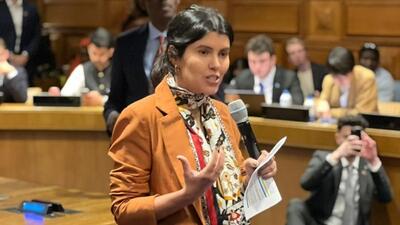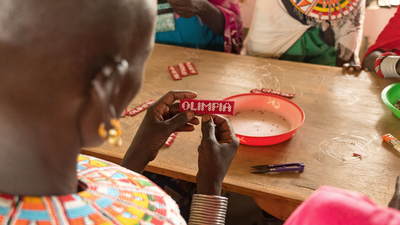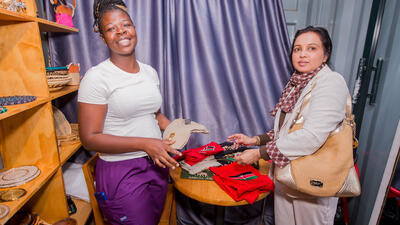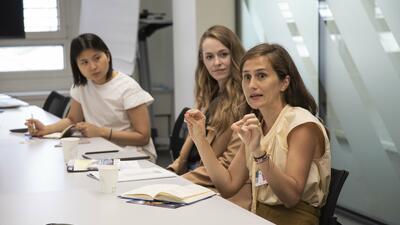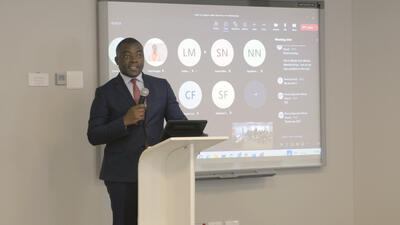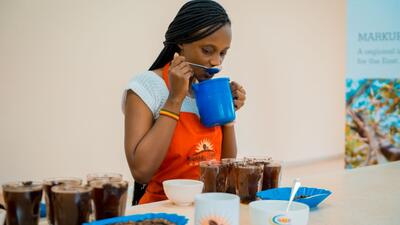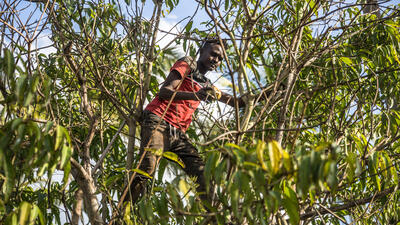Kenya farm exporters get guidance on carbon rules
Some of the world’s top experts in carbon and water standards will give guidance to Kenyan exporters of fruits, vegetables and cut flowers on complying with the tough import requirements of developed country markets. The guidance session will occur at a meeting organized by the International Trade Centre (ITC), the Fresh Produce Exporters Association of Kenya (FPEAK) and COLEACP/PIP.
Exporters of horticultural products increasingly have to comply with buyers’ environmental requirements such as carbon and water standards. In recent years, the development and implementation of standards such as Product Carbon Footprint (PCF) has gained momentum. A number of initiatives already exist at both the public and private level, and international standards are starting to emerge. These standards can be an important market differentiation tool for retailers but potentially a new non tariff barrier for food exporters in developing countries.
While almost all PCF standards are being implemented on a voluntary basis, they can become de facto mandatory in a commercial sense if the main adopters (such as supermarket chains) require compliance in order to grant market access.
Measuring a carbon footprint can be particularly challenging for small-and medium-sized enterprises (SMEs) from developing countries in terms of costs of compliance but also time and effort for companies in learning about different methodologies. Similar trade concerns exist in relation to the emerging field of water standards.
ITC’s two-day workshop, Carbon and Water Management in Horticultural Exports from East Africa, will be held 8 – 9 December 2011 in Naivasha, Kenya, and will attract exporters, local service providers and professional associations, as well as policy-makers and donors. During the workshop, ITC will also present a new exporters’ guide on product carbon foot-printing standards.
“A lack of understanding or of specific technical knowledge of how to implement these standards can be a barrier to export success in this crucial sector of the Kenyan economy,” said ITC Executive Director Patricia R. Francis. “This is a tremendous opportunity for exporters and others active in the sector to gain key information from leading experts on these difficult issues, and so boost their businesses”.
The horticultural sector accounts for nearly 25% of Kenya’s exports, with the European Union (EU) being the main destination, and is a major employer in the East African country.
Among experts taking part are Steve Homer from Biospartners, Dr.Katharina Plassmann of the Institute of Agricultural Climate Research and Dr. Nick Hepworth from Alliance for Water Stewardship, as well as representatives from Rainforest Alliance, FLO-CERT and GLOBALG.A.P.
The Government of Denmark and the European Union are financing the workshop, which is being managed by ITC, and COLEACP/PIP, together with FPEAK.
Click here to download the PDF version




